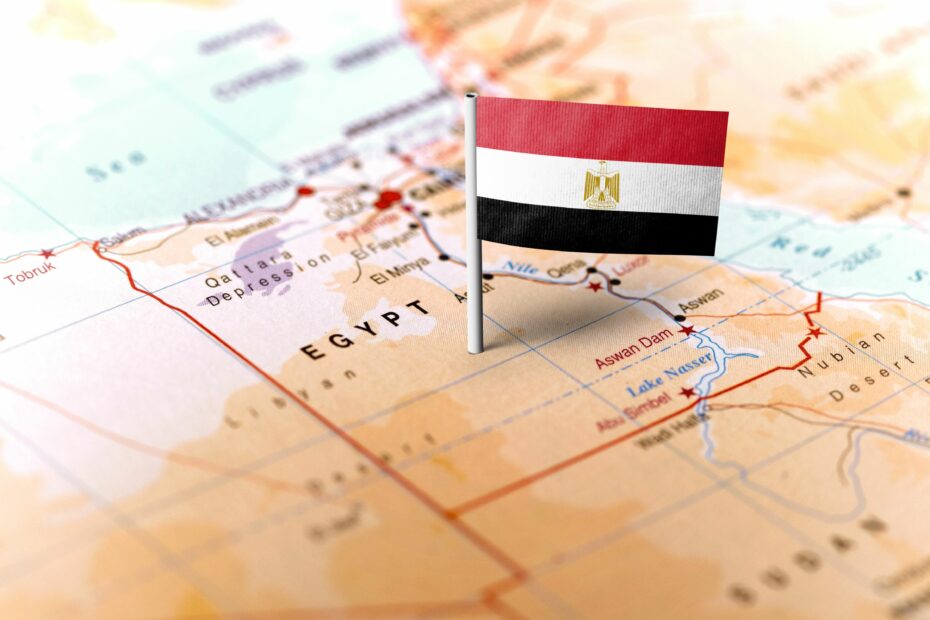Located in the northeastern corner of Africa, Egypt is a country that has captivated the imagination of travelers and historians for centuries. From the iconic pyramids to the serene Nile River, Egypt boasts a rich blend of history, culture, and natural splendor. Let’s embark on a journey to uncover the wonders of this fascinating nation. Read Also: Exploring major rivers: Here are 7 of the largest rivers in Africa
Geography and Climate
Egypt’s geography contrasts the vast, arid Sahara Desert and the fertile Nile Valley. The country is predominantly desert with the exception of the Nile Valley and Delta, which account for roughly 4% of the total land area but house over 95% of the population. The world’s longest Nile River, stretching over 4,000 miles, is the country’s lifeblood, providing much-needed water for irrigation and drinking.
The climate in Egypt is typically desert-like, with hot, dry summers and mild winters. Temperatures can range from 27°C (80°F) in the cooler months to well above 40°C (104°F) in the summer. Rainfall is scarce, except on the Mediterranean coast, where it can reach up to 200mm annually. Despite the harsh conditions, Egypt’s unique geography and climate have played a key role in shaping its history, culture, and economy.
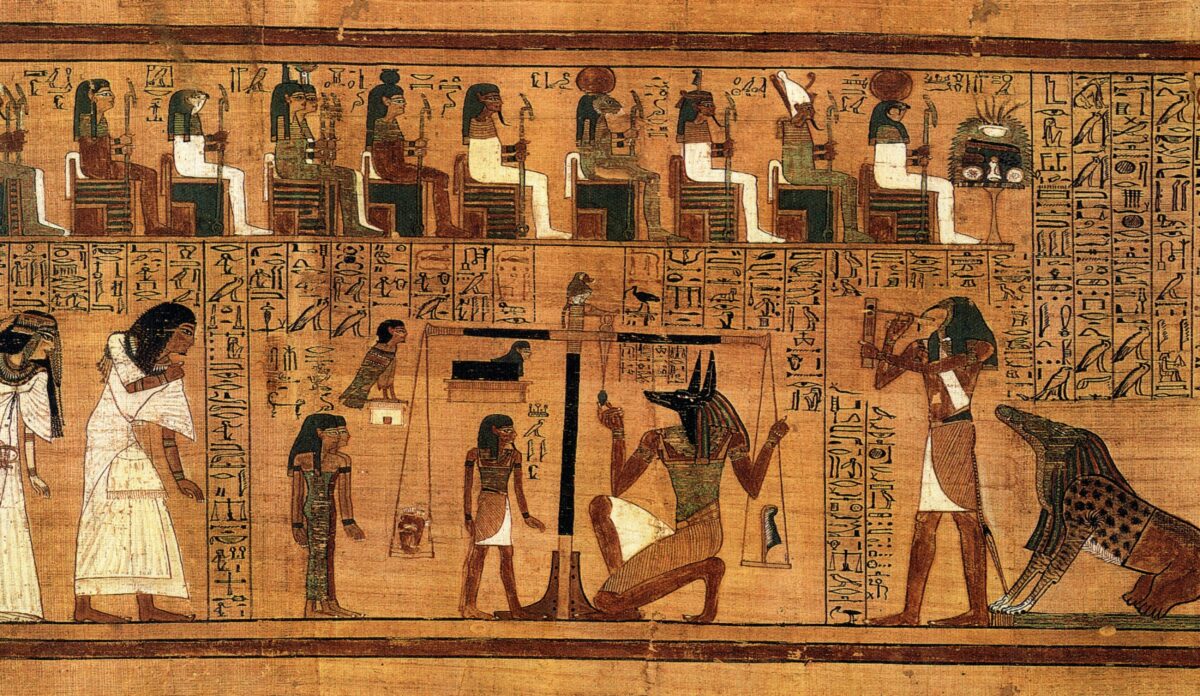
History
Egypt’s history is a captivating chronicle of civilizations dating back more than 5,000 years. The country’s historical journey begins with the Early Dynastic Period, around 3100 BC, when Upper and Lower Egypt were unified under a single ruler. This era marked the advent of what we now refer to as the “Pharaonic Era,” characterized by a series of dynasties where Pharaohs ruled as gods on Earth. They were responsible for constructing the iconic pyramids, timeless monuments to Egypt’s rich past.
The Middle and New Kingdom periods that followed saw the construction of many of the renowned temples of Luxor and Karnak alongside the Valley of the Kings. Egypt’s ancient history culminates with the Ptolemaic Dynasty, famously associated with Queen Cleopatra, before falling to Roman and then Byzantine control. The Arab Islamic Conquest in 641 AD marked a new era in Egyptian history, infusing its culture with Islamic influence, which is still evident today in its art, architecture, and traditions.
From Ottoman rule, which commenced in the 16th century, to the British occupation in the 19th and 20th centuries, and finally to its independence in 1952, Egypt’s history is a fascinating tale of resilience and transformation, indelibly etched into the annals of time. Read Also: Exploring Africa’s top 9 largest cities in 2023
Culture and Traditions
Egypt’s culture and traditions showcase a diverse blend shaped by its vibrant history and various influences. Most Egyptians adhere to Islam, and its teachings permeate every aspect of daily life, from the call to prayer echoing five times a day to the celebration of religious festivals such as Ramadan and Eid. Traditional music and dance, such as the rhythmic beats of the tabla and the graceful movements of belly dancing, are integral parts of Egyptian festivities.
The Egyptians are known for their warmth and hospitality, welcoming visitors with open arms. The country also boasts a rich literary heritage, with Egyptian writers and poets leaving an indelible mark on the world of literature. The Egyptian Museum in Cairo has an extensive collection of ancient artifacts, including the world-famous Rosetta Stone.
Language is another emblem of its culture, with the Egyptian dialect of Arabic distinctly different from other forms due to the influence of Coptic, the language of the ancient Egyptians and later foreign occupiers.
Despite rapid modernization, many Egyptian communities continue to uphold traditional customs and social norms, especially in rural areas, where life is heavily influenced by the cycles of the Nile and the agricultural seasons. The fusion of ancient customs with modern practices gives Egyptian culture its unique character, making it a fascinating destination for cultural exploration.
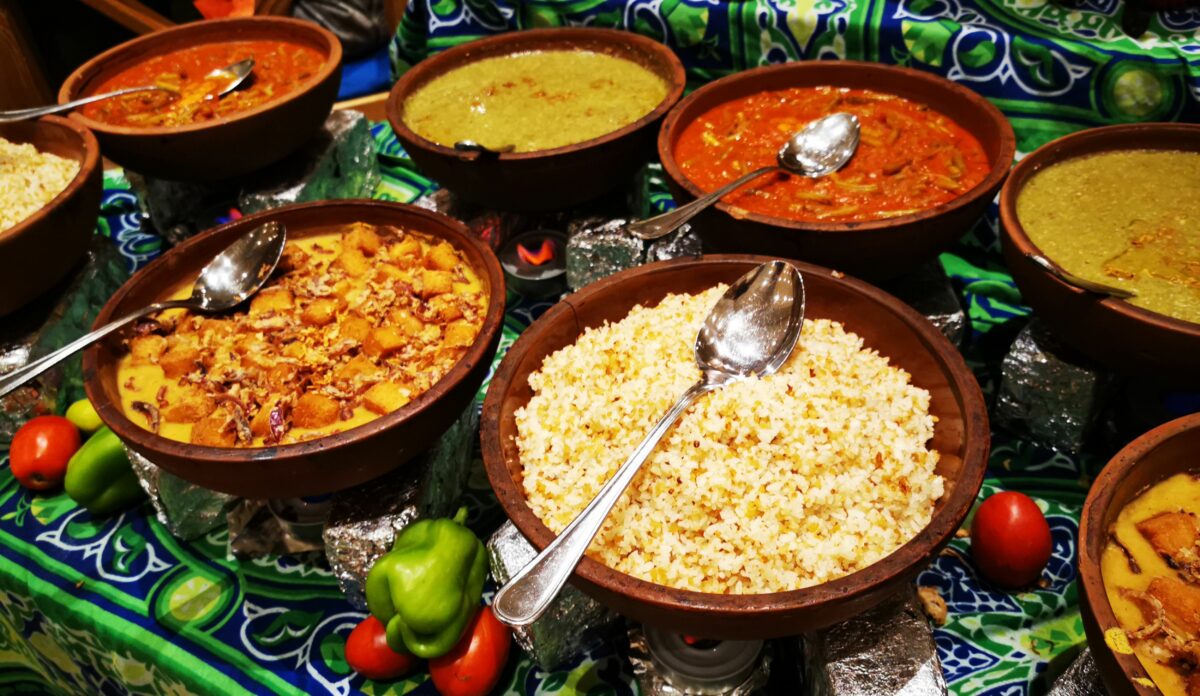
Food and Cuisine
Egyptian cuisine is a delicious fusion of Middle Eastern and Mediterranean flavors with a dash of North African influence. Staple ingredients include grains like rice, wheat and legumes such as lentils and beans. Popular dishes include kushari, a hearty mix of macaroni, lentils, chickpeas, rice topped with tomato sauce and fried onions. Ful medames is another staple dish from fava beans cooked in garlic and olive oil and served with eggs, herbs, and vegetables.
Meat dishes are also prevalent in Egyptian cuisine, with grilled or stewed meats playing a prominent role in many meals. These popular choices include kebabs, shawarma, and kofta (minced meat). Seafood is also abundant in Egypt due to its proximity to the Mediterranean Sea and Red Sea. Fish such as mullet, tilapia, and bream are commonly served with fragrant rice or grilled vegetables.
To satisfy a sweet tooth, Egyptians have a variety of desserts to choose from. Basbousa is a popular choice, a semolina cake soaked in syrup and topped with almonds or coconut flakes. Another favorite is qatayef, a sweet dumpling with nuts or cheese fried until crispy.
Music and Dance
Music and dance are integral parts of Egyptian culture and often intertwined with religious and social celebrations. Traditional music can be traced back to ancient Egypt, with instruments such as the oud (a stringed instrument) and the tabla (drum) still commonly used today.
One of the most iconic forms of Egyptian dance is belly dancing, also known as raqs sharqi. This style combines fluid movements of the hips, torso, and arms with intricate footwork. Belly dancing has evolved, incorporating elements of other dance styles such as flamenco and ballet.
Aside from belly dancing, other traditional folk dances showcase the diversity of Egyptian culture. Tahtib is a martial arts-inspired dance performed with sticks and is often associated with Upper Egypt. Meanwhile, the Saidi dance is characterized by the use of a cane and is popular in rural areas.
Modern music and dance have also become popular in recent years in Egypt. Egyptians widely enjoy pop, hip-hop, electronic music, and Western styles such as rock and jazz. Modern dance styles, such as breakdancing and street dancing, can also be seen in urban areas.
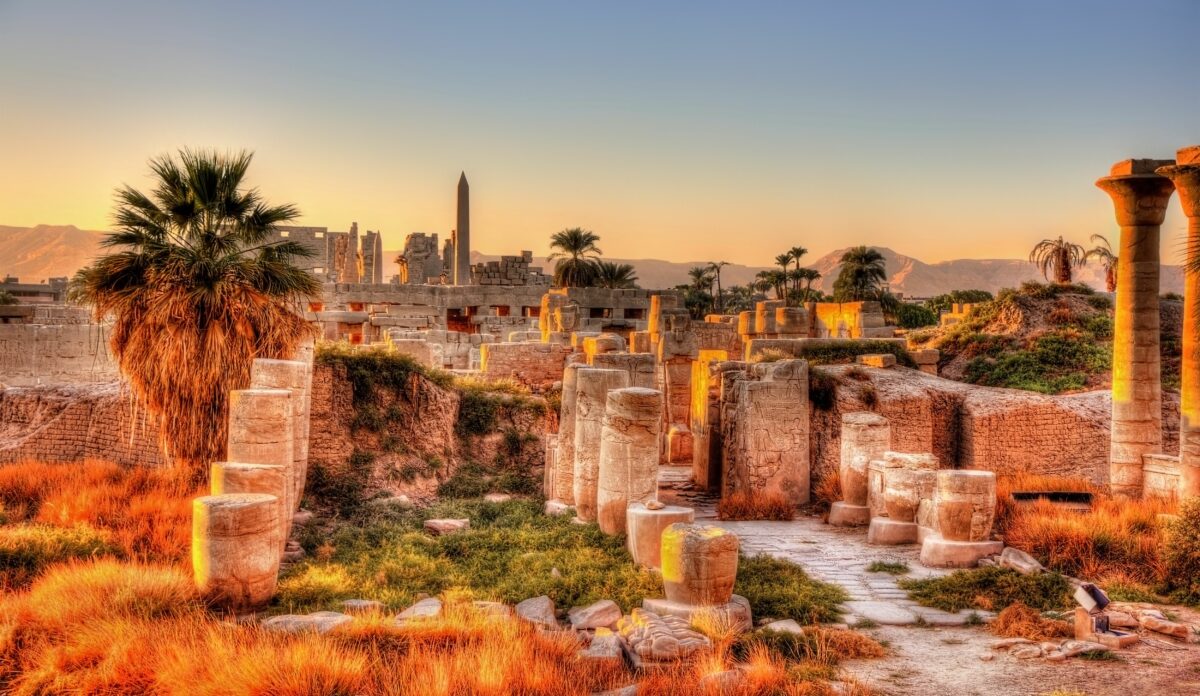
Tourism
Tourism in Egypt is truly a journey through time, offering visitors an unparalleled glimpse into the past. The country’s rich historical heritage is its primary draw, with sites like the Giza Pyramids, the Sphinx, the Valley of the Kings, and the temples of Luxor and Karnak captivating the imagination of history enthusiasts and casual tourists alike. The country’s capital, Cairo, is home to the Egyptian Museum, which houses a vast collection of ancient Egyptian antiquities.
Beyond its historical sites, Egypt offers an array of other attractions. Its crystal-clear waters and vibrant coral reefs have renowned the Red Sea coastline, attracting divers and marine life enthusiasts. Egypt’s picturesque deserts, with their breathtaking dunes and star-filled skies, offer unforgettable experiences for adventure seekers. The Nile River, the lifeline of Egypt, offers luxurious cruises that showcase the country’s scenic beauty and rural life along its banks.
Despite the sector’s challenges in recent years, tourism contributes significantly to Egypt’s economy. The country’s continued investment in tourism infrastructure and its commitment to ensuring the safety and comfort of visitors attest to its dedication to sustaining and growing this vital sector.
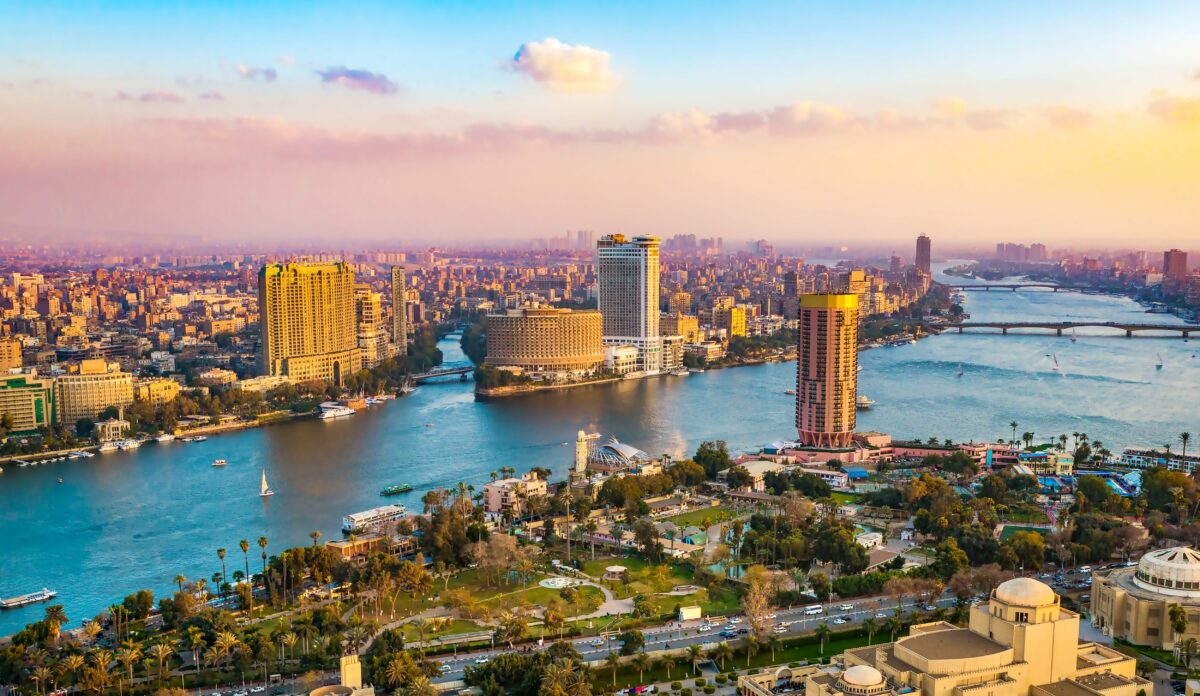
Economy
Egypt’s economy is one of the most diversified in the Middle East, with sectors such as agriculture, industry, and services contributing significantly to the country’s GDP. While the traditional economy was largely based on agriculture, today, the service sector, including tourism, contributes the largest share.
Egypt’s industrial sector, including manufacturing and extraction activities, is also a significant contributor, particularly in textiles, food processing, and chemical production. The country is home to a thriving information technology industry, positioning Egypt as a regional leader.
Egypt is also a key player in the global energy market due to its substantial oil and gas reserves. The Suez Canal, one of the most important waterways globally, represents a critical revenue source for Egypt’s economy.
However, the Egyptian economy faces several challenges, including high unemployment rates, especially among the youth, and inflation. The government has been trying to diversify the economy and attract foreign investment by introducing economic reforms and investing in infrastructure.
Despite the challenges, Egypt’s strategic location, large domestic market, and young workforce present enormous potential for future growth and development. Egypt’s journey towards economic prosperity is dynamic, marked by ambitious plans and the collective will to overcome challenges.
Bottom Line
As we conclude our journey through the wonders of Egypt, it’s important to note that this country’s allure extends far beyond its iconic sites. Its warm and welcoming people, vibrant traditions, and breathtaking landscapes make Egypt unforgettable. Whether you’re exploring ancient ruins, cruising down the Nile, or indulging in the flavors of Egyptian cuisine, Egypt promises a journey of discovery that will leave an indelible mark on your heart.

